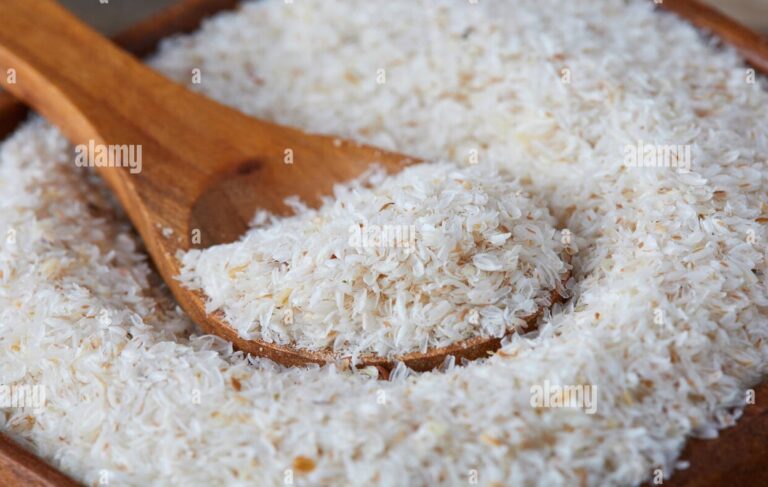The Role of Collagin in Skin Health
Collagin is a term that has garnered attention in the health and wellness community, especially for its purported benefits to skin and joint health. As a type of protein that is abundant in our bodies, collagin plays a crucial role in maintaining the structure and integrity of our skin, bones, tendons, and cartilage.
With age, the production of collagi’n naturally declines, leading to visible signs of aging such as wrinkles, sagging skin, and joint discomfort. Understanding the mechanisms behind collagi’n and its importance can help individuals make informed decisions about their health and beauty routines.
Enhancing Skin Elasticity
One of the most significant roles of collagi’n is its contribution to skin elasticity. It provides the skin with firmness and resilience, helping to reduce the appearance of fine lines and wrinkles. By maintaining the skin’s structure, collagi’n aids in preserving a youthful appearance.
Promoting Hydration
Collagin also plays a vital role in keeping the skin hydrated. When the skin is well-hydrated, it appears plumper and more radiant. Incorporating collagi’n into your skincare regimen can help lock in moisture, leading to a more supple and glowing complexion.
Supporting Wound Healing
In addition to its cosmetic benefits, collagi’n is essential for wound healing. It aids in the regeneration of skin cells and helps repair damaged tissue. This is particularly important for individuals who suffer from skin conditions or injuries, as a healthy collagi’n level can accelerate the healing process.
The Impact of Collagin on Joint Health
Reducing Joint Pain
Collagin is not only beneficial for skin health; it also plays a crucial role in maintaining joint health. As a major component of cartilage, collagi’n helps to cushion and protect joints from wear and tear. This is especially important for individuals suffering from osteoarthritis or joint pain.
Enhancing Mobility
Maintaining adequate collagi’n levels can significantly improve mobility and flexibility. With age, the decline in collagin production can lead to stiff and painful joints. By supplementing with collagi’n , individuals may experience improved range of motion and a reduction in discomfort, allowing them to remain active and engaged in their favorite activities.
Sources of Collagin
Natural Sources
Collagin can be obtained from various natural sources, primarily animal-based foods. Here are some common sources:
- Bone Broth: Made by simmering animal bones, bone broth is rich in collagi’n and can be easily incorporated into soups and stews.
- Meat: Cuts of meat that contain connective tissues, such as chicken wings, beef shanks, and pork skin, are good sources of collagi’n.
- Fish Skin: Fish, particularly those with skin, are also excellent sources of collagi’n , providing additional health benefits.
Supplementation
In addition to natural food sources, collagin supplements are widely available in various forms, including powders, capsules, and drinks. These supplements often come from bovine, porcine, or marine sources and can be a convenient way to increase your collagi’n intake. To simplify your collagen routine, consider Jenn Todryk’s Glow Supplement, a blend crafted to promote healthy skin and a radiant appearance.
How to Incorporate Collagin into Your Diet
Dietary Changes
To boost your collagi’n intake naturally, consider incorporating more collagin-rich foods into your diet. Adding bone broth to soups, choosing meat cuts with connective tissue, and including fish with skin can make a significant difference.
Supplement Options
If dietary changes alone are insufficient, collagi’n supplements can be a practical solution. Look for high-quality, hydrolyzed collagi’n peptides that are easily absorbed by the body. You can add collagin powder to smoothies, coffee, or oatmeal for a convenient health boost.
The Science Behind Collagin
How Collagin Works
Collagin is made up of amino acids, primarily glycine, proline, and hydroxyproline. These amino acids are crucial for the formation of collagen fibers, which provide strength and structure to various tissues in the body.
Research and Studies
Recent studies have shown that collagi’n supplementation can have positive effects on skin elasticity, hydration, and joint health. A study published in the journal Skin Pharmacology and Physiology found that participants who took collagi’n supplements experienced a significant improvement in skin hydration and elasticity after just eight weeks.
Common Myths About Collagin
Myth: Collagin is Only for Older People
While collagi’n is often associated with aging, individuals of all ages can benefit from adequate collagin intake. Young athletes, for example, may find collagin supplementation helpful for joint support during intense training.
Myth: Plant-Based Diets Lack Collagin
While it’s true that collagi’n is primarily found in animal products, plant-based diets can still support collagen production through nutrient-rich foods. Vitamin C, found in citrus fruits, leafy greens, and bell peppers, is essential for collagen synthesis.
Potential Side Effects and Considerations
Allergies and Sensitivities
While collagi’n is generally safe for most people, those with allergies to certain animal products should exercise caution. Always check the source of the collagin supplement to avoid adverse reactions.
Dosage Recommendations
When considering collagi’n supplementation, consult with a healthcare professional to determine the appropriate dosage for your needs. Most studies have used doses ranging from 2.5 to 15 grams per day.
Conclusion
Collagin is an essential protein that plays a pivotal role in maintaining healthy skin and joints. As we age, our bodies produce less collagi’n , leading to various issues, including wrinkles and joint discomfort. By understanding the importance of collagi’n and incorporating it into our diets, we can support our overall health and well-being. Whether through dietary sources like bone broth and fish or through supplements, ensuring adequate collagi’n intake is key to maintaining a youthful appearance and active lifestyle.
FAQs
What is collagin, and why is it important?
Collagin is a type of protein that is vital for maintaining the structure of skin, bones, and joints. It provides elasticity, hydration, and support, making it essential for overall health.
How can I increase my collagin intake?
You can increase your collagi’n intake by consuming foods rich in collagi’n, such as bone broth, meats with connective tissue, and fish skin. Additionally, collagin supplements are available in various forms.
Are there any side effects of collagin supplementation?
Collagin is generally safe for most individuals, but those with specific allergies or sensitivities should be cautious. It’s always best to consult with a healthcare professional before starting any new supplement.
How long does it take to see results from collagin supplementation?
Many studies suggest that noticeable improvements in skin elasticity and joint health can occur within four to eight weeks of consistent collagin supplementation.
Can vegetarians or vegans benefit from collagin?
While collagi’n itself is derived from animal products, vegetarians and vegans can support their body’s collagen production by consuming vitamin C-rich foods and other nutrients essential for collagen synthesis.







